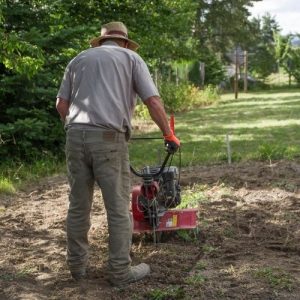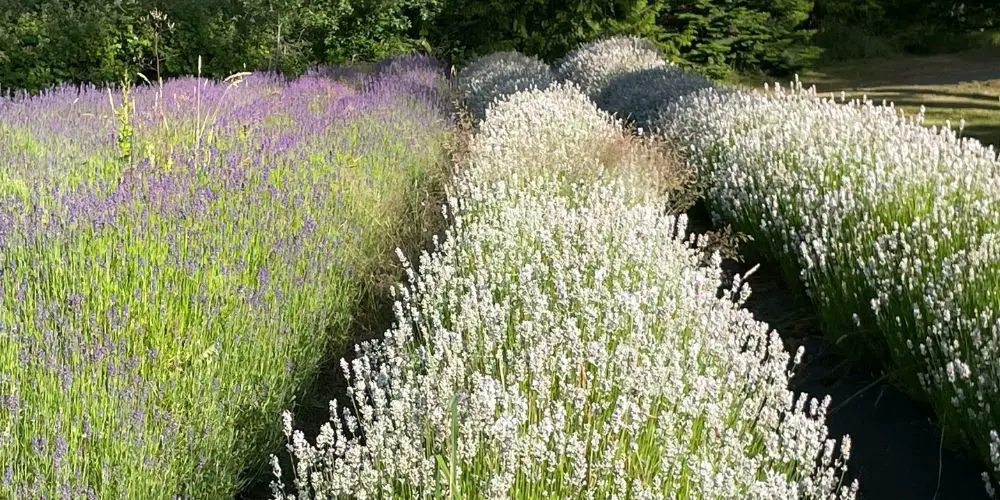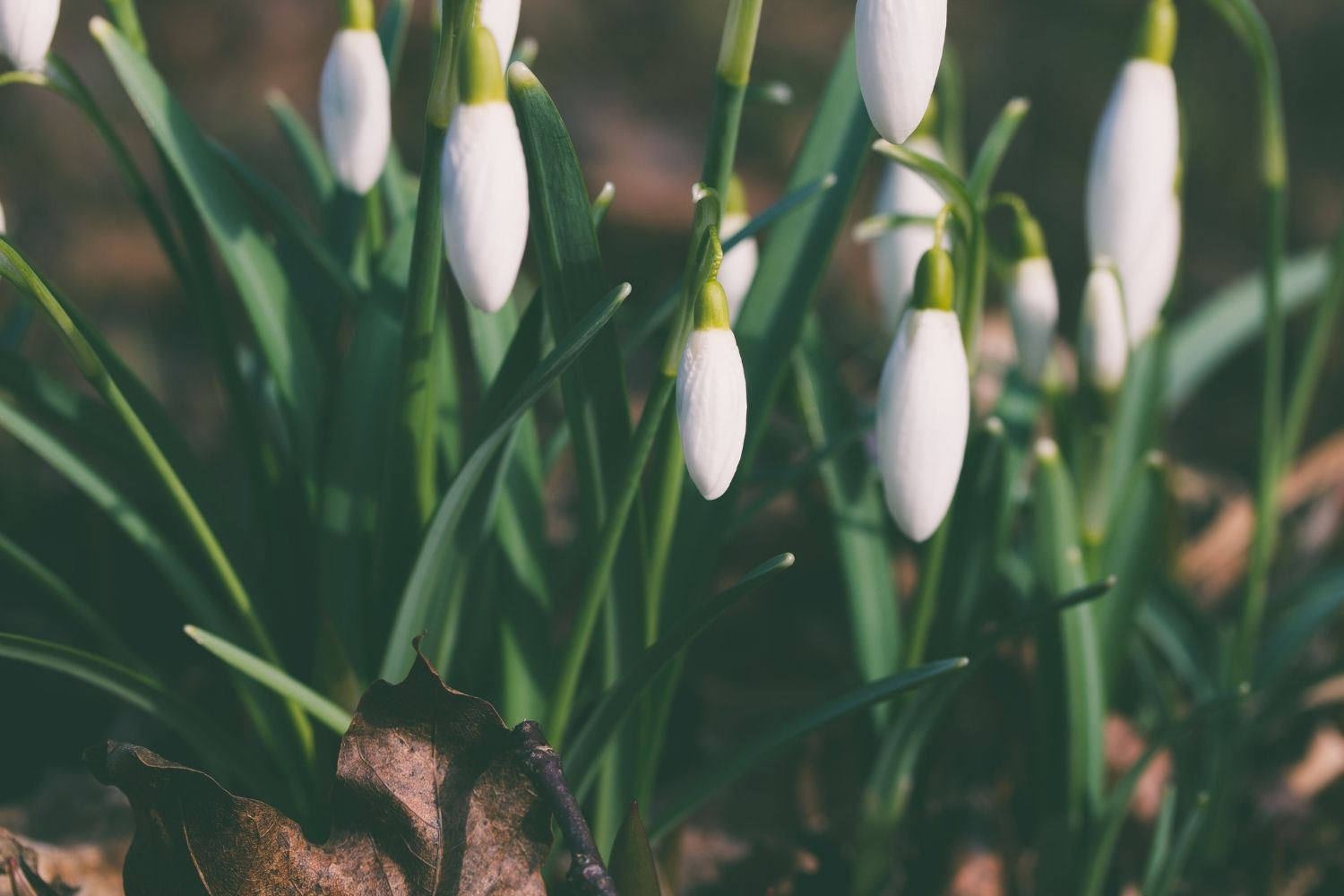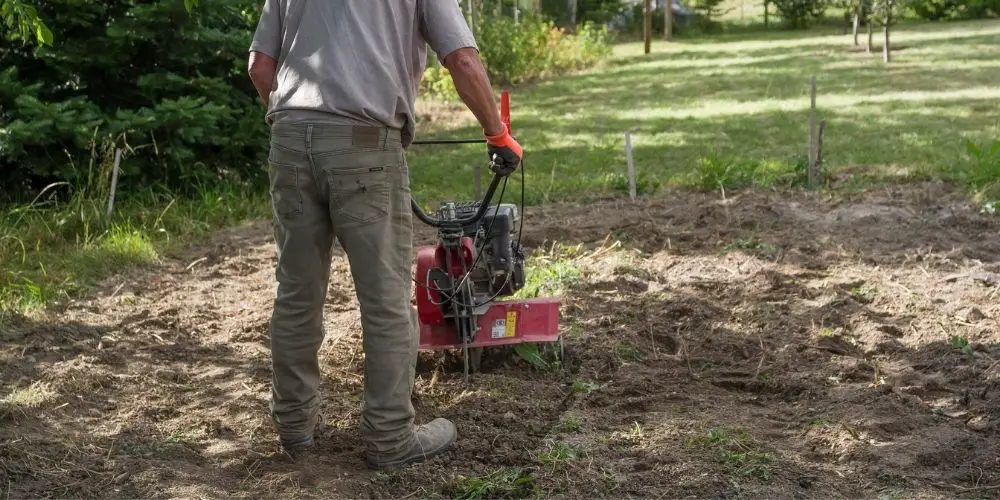When you plan to prepare or maintain your garden, you might wonder about the best garden tool choice between the cultivator or the tiller. Despite most homeowners thinking that these tools have the same function, you’ll need both garden tools as they serve different essential roles in the garden. The primary use of the cultivator is to mix all the loose soil or manure in your garden, while a garden tiller will help break any hard surfaces in your garden.
When should you use a cultivator in your garden?
When cultivating your garden, a cultivator is an essential garden tool for helping you loosen all the soil in the area you want to plant. Before planting, it’ll be necessary to loosen the soil to ensure your garden plants’ proper germination and growth. In addition, the cultivator will work more efficiently when weeding your garden, unlike the tiller.
They’re also the best tools any homeowner can use for mixing the soil with compost or farmyard manure. You can comfortably use these garden tools more quickly and effectively as they are small and easy to operate.
Most gardening experts advise that you use the cultivator to mix the regular soil and potting soil effectively. The proper mixing using the garden cultivator will help achieve the appropriate planting texture of the soil. Effective mixing will also be helpful for all the garden plants to grow well and thrive well.
Lastly, homeowners may use the cultivators in the garden to break up small grasses and weeds to prevent their dominance over the other garden plants.
Most homeowners have always asked if they can use the cultivator for tilling purposes or breaking hard surfaces.
It’s very hard to achieve optimal results as it’ll take a lot of time to ensure that you’ve made a deep tilling or breaking hard ground in the garden. Additionally, having the motorized tiller will make it challenging to till the land or break the hard surfaces in your garden’s tight spaces.
When you should use a tiller?

Similar to the cultivator, the garden tiller is also an essential tool in your garden. The garden tiller comes in two types; the rear-line and the front-line. They are the most appropriate garden tools you should use for breaking up all the compact and hard soil in the garden. After breaking the hard soil into loose soil, you can then mix this soil with the manure using the cultivator.
These garden tools come in different designs and parts that are necessary for breaking these garden grounds.
Unlike the cultivators, you can easily use these garden tools for breaking hard soil when installing a new garden plot. Opening a new garden plot might be challenging due to the hard, compact, and even rocky lands.
A tiller will be the best option a garden owner can choose when working on a garden ground with hard surfaces. The breaking of hard soil surfaces will be essential for aeration purposes, killing weeds, and preparing the garden for planting.
- Why Do Gardens Have Rows?
- 8 Essential Tools That Professionals Keep On Hand
- How to find the most useful gardening tool for you
- Cultivator vs Tiller
When choosing between the tiller and cultivator in your garden, it’ll be vital to understand that they’re distinct equipment that offers different functions. These functions are essential while preparing or maintaining your garden. Understanding the functionality differences will be crucial to help you make the right choice for the particular activity and ensure you achieve the best results.
Primarily the main use of the garden cultivator is to mix loose soils, manure in the garden, whereas the garden tiller will be necessary for breaking up any hard pieces of your garden. When comparing the sizes, the cultivator is smaller than the garden tiller. Thus, the smaller size makes it easier to maneuver in the garden while preparing or maintaining your garden than the garden tiller.
Conclusion
When choosing between the garden tiller and cultivator for your garden, it’ll be better to consider various factors. Consider the type of work or garden condition you want to work on. The tiller will be very effective when you’re looking to break hard, rocky, and compact soils or when opening your new garden. A cultivator will be essential when mixing loose soil, manure, or potting soil in your garden. For optimal results in your garden, you shouldn’t use these tools interchangeably.





![How to Grow an Herb Garden Without Soil [Three Alternatives]](https://brilliantgardener.com/wp-content/uploads/2022/09/Sage-herbs-440x264.jpg)









